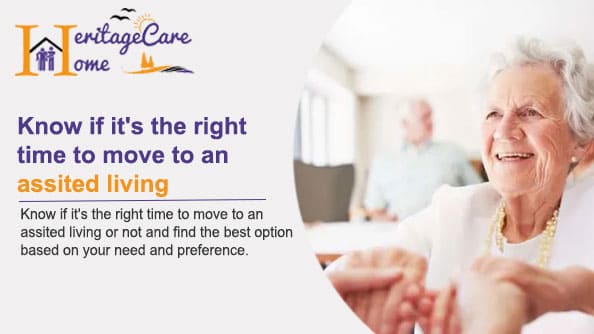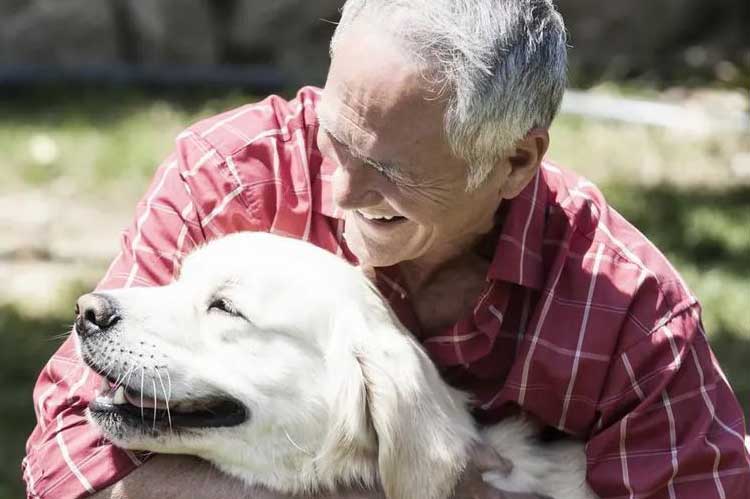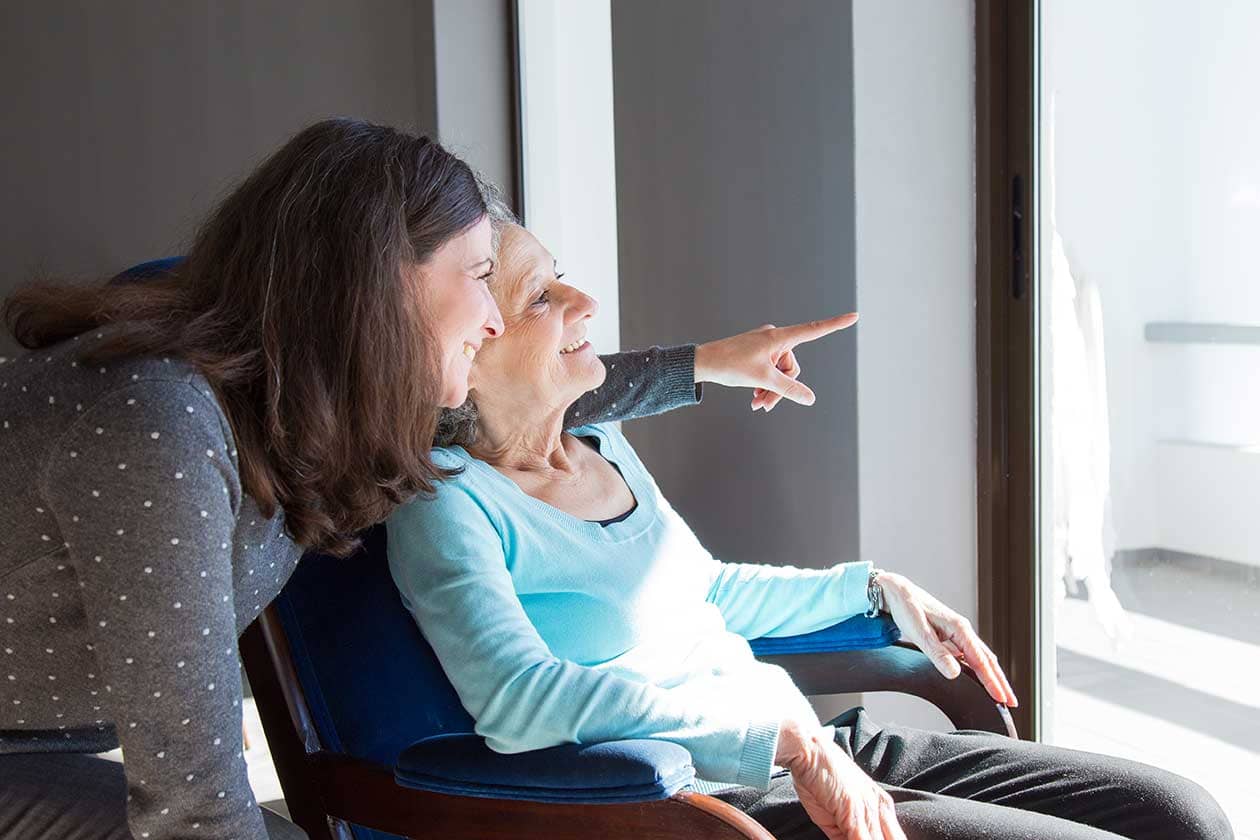Top tips for an enjoyable senior travel
- Admin |
- June 27, 2023
Travel requirements and preferences can change significantly as we age, regardless of whether you are a seasoned globetrotter or...
Read more
Many adult children question how they'll know when to suggest their parents move into an assisted living facility. Some elderly people start the dialogue since they are aware it would enhance their quality of life.


Many adult children question how they'll know when to suggest their parents move into an assisted living facility. Some elderly people start the dialogue since they are aware it would enhance their quality of life. Others completely reject the concept. But many senior citizens fall somewhere in the middle.
There are several reasons why people relocate to an assisted living facility. An elderly person may feel lonely and secluded at home. Loved ones support this transition so that the family member may interact with peers and take part in everyday activities that enhance their quality of life.
For some older citizens, moving is a reasonable next step in their lives due to health issues.
Three warning signs indicating it's time for a change include a history of falls, difficulties managing their house, and problems with personal care.
However, the warning indicators of impending catastrophe are frequently hazy and simple to ignore. The first sign that an elderly person needs greater help might be a crisis.
It could be time for a change if more than one or two of these red flags apply to the existing circumstances of an elderly loved one. Heritage Care Home Senior Living probably has a community close to you because it has communities. Call us at 855-593-8766 to speak with a member of our knowledgeable staff right away!

Travel requirements and preferences can change significantly as we age, regardless of whether you are a seasoned globetrotter or...
Read more
Dogs are excellent elderly companions. Dogs are a delight to share a house with because of their amusing, devoted, and adorable personalities...
Read more
Any age can find dating intimidating, but older adults in particular. The majority of people only date once...
Read more
Aging is a universal truth; everybody who has been born will grow older. However, seeing your loved ones grow older and weaker is hard...
Read more
Memory holds real significance in everyone’s life. It is a representation of our past experiences with happy, sad, or mixed emotions...
Read more